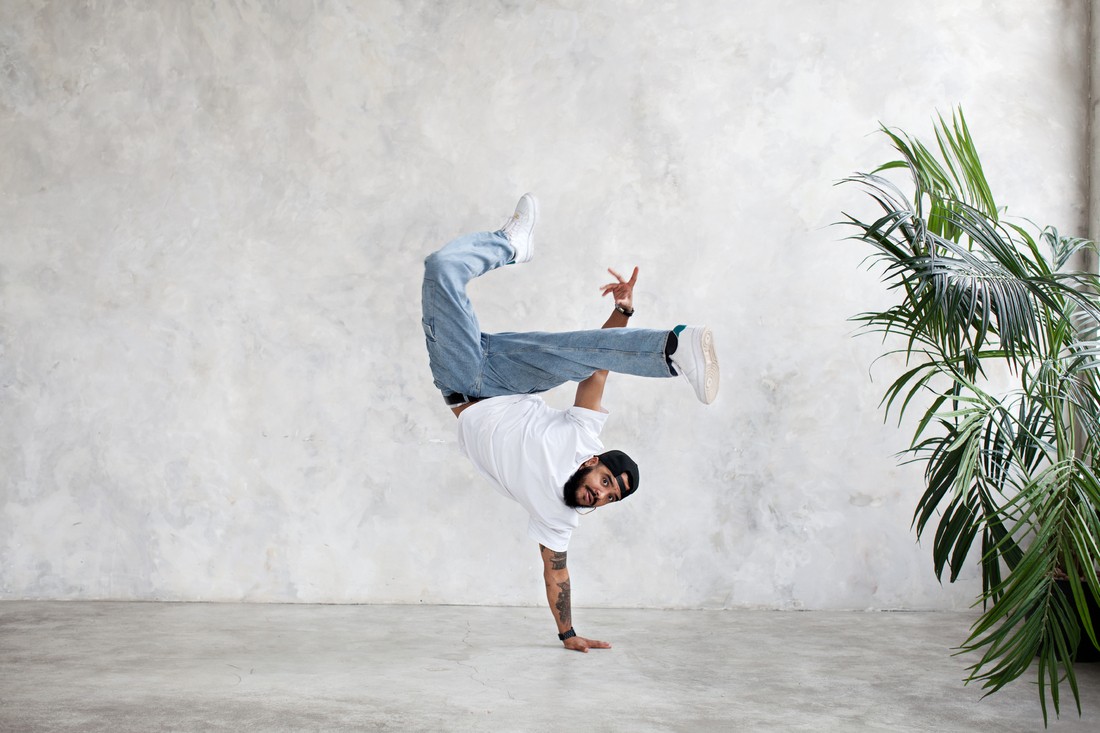The Importance of LGBTQ+ Representation in Dance
Celebrating Diversity and Inclusivity in the Dance Community
Dance, as an art form, has the power to break barriers, challenge societal norms, and celebrate diversity. In recent years, there has been a growing emphasis on LGBTQ+ representation in various industries, and the dance community is no exception. Recognizing the importance of inclusivity and the impact it has on individuals and society as a whole, it is crucial to celebrate LGBTQ+ representation in dance.

Breaking Barriers and Challenging Stereotypes
Historically, dance has been associated with gender norms and stereotypes, with certain styles often perceived as “masculine” or “feminine.” However, LGBTQ+ representation in dance helps break these barriers and challenge traditional gender roles. By showcasing LGBTQ+ dancers and their talents, dance becomes a platform for self-expression and acceptance, allowing individuals to embrace their true selves without fear of discrimination or judgment.
Promoting Diversity and Inclusion
LGBTQ+ representation in dance promotes diversity and inclusion in the industry. It sends a powerful message that dance is for everyone, regardless of sexual orientation or gender identity. By creating a safe and accepting space for LGBTQ+ dancers, the dance community becomes stronger, more vibrant, and more representative of the world we live in.
Supporting LGBTQ+ Dancers in the Dance Industry
Fostering a Welcoming Environment
To support LGBTQ+ dancers, it is essential for dance organizations, studios, and competitions to foster a welcoming and inclusive environment. This includes implementing policies and practices that ensure equal opportunities and protection against discrimination. By actively promoting diversity and inclusion, the dance industry can create a space where LGBTQ+ dancers feel valued, respected, and supported.
Showcasing LGBTQ+ Role Models
Another important way to support LGBTQ+ dancers is by showcasing LGBTQ+ role models within the industry. By highlighting the achievements and success stories of LGBTQ+ dancers, aspiring dancers within the community can find inspiration and reassurance that their dreams are achievable. Representation matters, and having LGBTQ+ role models helps break down barriers and push for greater inclusivity in the dance industry.
Providing Support Networks and Resources
The dance industry should also provide support networks and resources specifically tailored for LGBTQ+ dancers. This may include mentorship programs, workshops, and partnerships with LGBTQ+ organizations and influencers. By providing the necessary support and resources, the dance community can help LGBTQ+ dancers navigate the challenges they may face and thrive in their careers.
The Impact of LGBTQ+ Representation in Dance
Inspiring and Empowering Others
LGBTQ+ representation in dance inspires and empowers others within the community. Seeing individuals who share their experiences and identities succeed in the dance industry creates a sense of belonging and possibility. It encourages LGBTQ+ dancers to embrace their unique identities and pursue their passion for dance, knowing that they are not alone.
Changing Perceptions and Shifting Social Norms
LGBTQ+ representation in dance plays a significant role in changing societal perceptions and shifting social norms. By challenging stereotypes and showcasing the talent and creativity of LGBTQ+ dancers, dance has the power to challenge prejudices and promote acceptance. It helps create a more inclusive society where individuals are celebrated for who they are, rather than judged for their sexual orientation or gender identity.
Advocating for LGBTQ+ Rights
LGBTQ+ representation in dance also serves as a form of advocacy for LGBTQ+ rights. By using their platform and visibility, LGBTQ+ dancers can raise awareness about important LGBTQ+ issues, challenge discrimination, and promote equality. Their art becomes a powerful tool for social change, amplifying the voices and experiences of the LGBTQ+ community.
Frequently Asked Questions
What is the significance of LGBTQ+ representation in dance?
How can the dance community support LGBTQ+ dancers?
For more information about dance competitions and showcasing diverse talent, visit Dance Competitions – competes.tv.
Sources:
- Break dancing | History, Characteristics, Olympics, & Facts
- History of Breakdancing: All you need to know – Red Bull
- 47 Breakdancing Facts That Will Blow Your Mind | Kidadl
- Breakdancing Basics: A Guide to Breaking’s History and Moves
- Hip Hop: 5 big misunderstandings – Red Bull
- What is an Authority Site? — Definition by Techslang
To understand the importance of authority websites and gain backlinks, read the following resources: